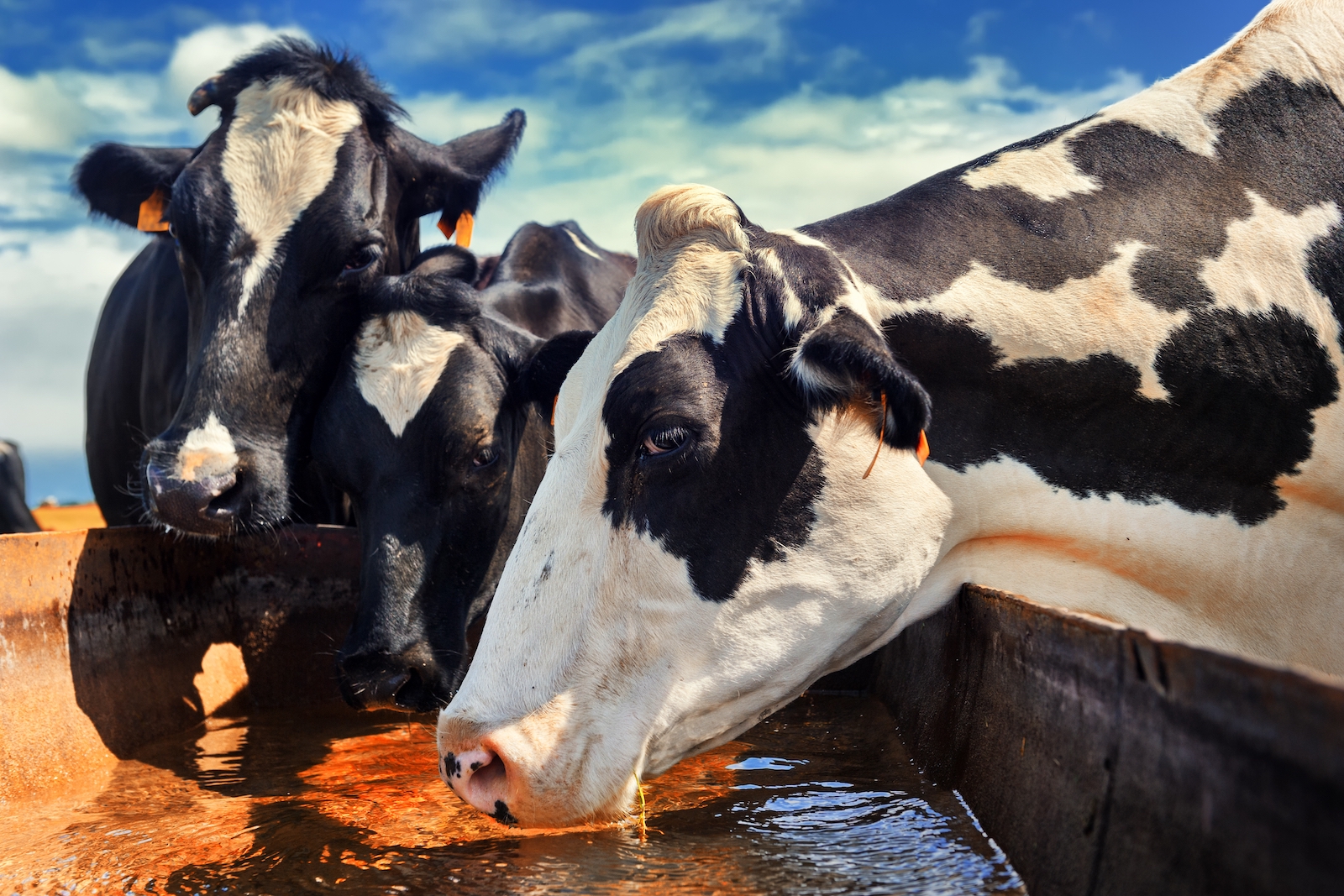
Not Taiwan, Not Tariffs. What Really Haunts Beijing Is Food.
It’s not Taiwan. It’s not even the economy. The issue that keeps China’s leaders awake at night, scrutinizing reports and questioning subordinates, is food. Or more precisely, feeding 1.4 billion people without fail.
For many of China’s current leaders, food insecurity is not some abstract policy concern. It’s a lived experience. They remember what it means when the shelves are bare, and the fields go fallow.
China’s last major food crisis—the Great Famine between 1959 and 1961—remains seared into the national consciousness. It was the largest famine in human history, and its causes were entirely man-made. Born from the ideological fervor of the Great Leap Forward, a reckless campaign to industrialize agriculture and rural life, the policies collapsed under their own weight. Thirty million people starved to death. The trauma of that catastrophe helped trigger Mao Zedong’s next convulsion: the Cultural Revolution of 1966–1976. More political chaos, more suffering—this time within the living memory of many of China’s top officials.
Today, food security remains at the core of Beijing’s domestic agenda. The challenge is formidable: China must feed nearly 20 percent of the world’s population using less than 9 percent of its arable land and just 6 percent of its freshwater resources. And even those are dwindling. Pollution—of soil, air, and water—continues to erode what little the country has.
In response, the government has passed a national food security law. It mandates self-sufficiency in staple grains and requires local authorities to incorporate food production into their development plans. The message from the top is clear: hunger is a political liability.
It may be said that the Chinese Communist Party rules from the barrel of a gun—but it governs with full rice bowls. Between 2013 and 2024, President Xi Jinping referenced food security in more than 450 speeches, site visits, and official meetings. The frequency is not incidental. It reflects the state’s acute awareness that its political legitimacy is inseparable from its ability to keep the population well-fed.
But even as rhetoric intensifies, the terrain grows more uncertain. China’s steady population growth and aggressive industrialization have stretched its already-limited natural resources thin. Food imports are on the rise, and the country’s dependence on them is likely to deepen.
Between 2013 and 2019, more than 5 percent of China’s arable land was lost due to overuse of fertilizer, poor land management, and neglect, according to government data. Climate change is a compounding threat. So is ozone pollution. Joint studies by U.S. and Chinese experts suggest that from 1981 to 2010, climate-related factors slashed China’s average crop yields by 10 percent—a loss of around fifty-five million tons annually.
And then there’s geopolitics. The ongoing rivalry with the United States, particularly the specter of a prolonged trade war, has made food security more than just an agricultural matter. It’s now a cornerstone of national strategy.
There are also demographic pressures. Rising costs in rural areas, combined with the draw of higher wages in cities, have drained the countryside of its labor force. Former farm workers are now more likely to seek work in factories or construction sites. Some are returning to rural areas, but not to till the land. Instead, they’re opening homestays and boutique tourism businesses. Few want to return to the grind of farming, which remains punishing, low-paying, and increasingly unattractive to younger generations.
China’s leaders understand this dynamic not just academically but historically. The fall of dynasties in imperial times often followed natural disasters and famines—events viewed as evidence that emperors had lost the “mandate of heaven.” Peasant uprisings, driven by hunger and despair, brought about more than one regime change.
COVID-19 was a fresh reminder of this volatile equation. Lockdowns and supply chain disruptions exposed the fragility of the food system. Shortages weren’t just an inconvenience—they became political. Protests erupted across more than a dozen cities in 2022, the largest demonstrations since 1989. The chant that echoed from streets and apartment balconies: “We want food, not COVID tests.”
Food, in other words, isn’t just about survival. It’s about control. It’s about stability. It’s about legitimacy.
As an old Chinese proverb puts it: “To the ruler, people are heaven; to the people, food is heaven.”
